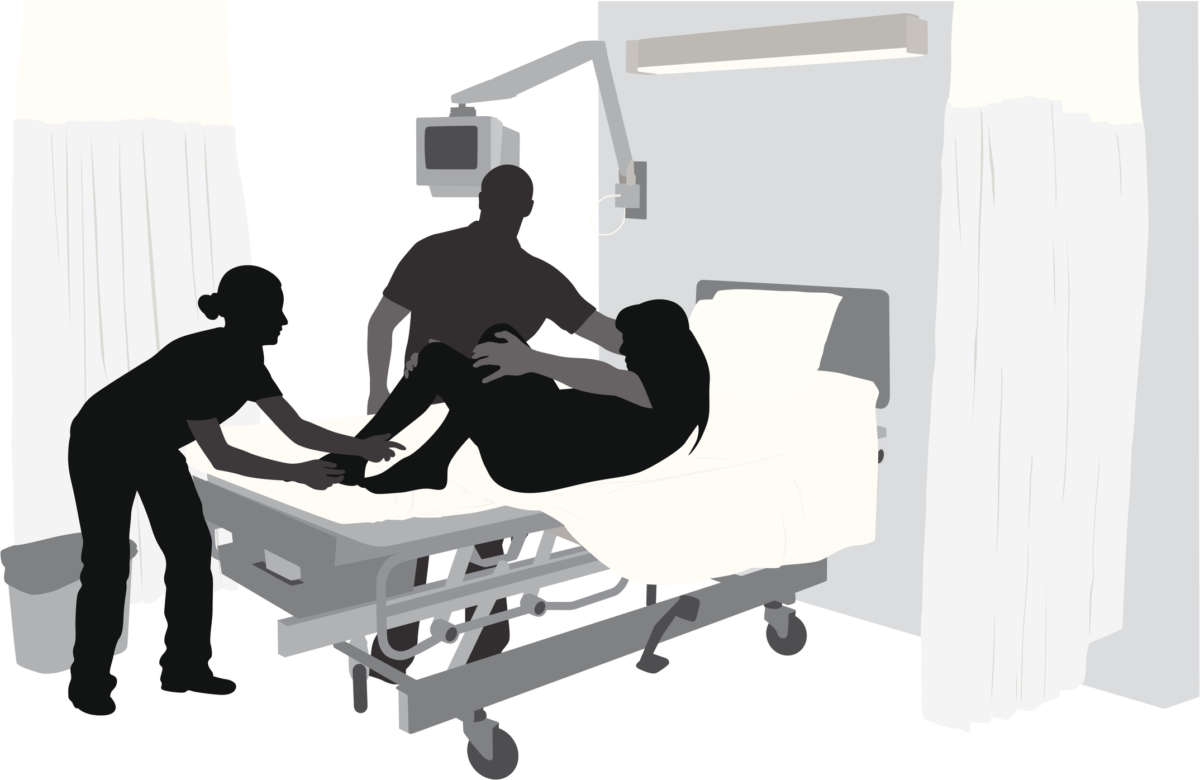Did you know that Truthout is a nonprofit and independently funded by readers like you? If you value what we do, please support our work with a donation.
If the U.S. Supreme Court does as its leaked draft opinion says and strikes down Roe v. Wade, researchers expect that in the following year, roughly 75,000 people who want, but can’t get, abortions will give birth instead.
They’ll do so in a country where pregnancy and childbirth continue to become more dangerous.
Government data released this year shows that U.S. maternal deaths increased significantly in the first year of the pandemic, going from 754 in 2019 to 861 in 2020, a 14% jump. The death rate for Black women was almost three times higher than that for white women.
The stats for 2020 were no surprise. As ProPublica detailed in 2017, the U.S. has fallen behind other wealthy nations and many less affluent ones where deaths linked to pregnancy and childbirth have plummeted over the past two decades. Deaths are only one yardstick for measuring maternal health. For every U.S. woman who dies as a result of pregnancy or childbirth, up to 70 suffer dangerous and sometimes life-threatening complications.
The landscape for maternal health post-Roe would change swiftly, and not for the better, many public health officials and experts say. Some 25 states would likely move to ban abortion, according to the Center for Reproductive Rights. A brief submitted in the case on which the court is ruling, signed by about 550 public-health and reproductive-health researchers, draws a straight line between lack of abortion access and increased risk of maternal death.
“Put simply,” the brief says, “women living in states with the most restrictive abortion policies — and thus the least abortion access — were found to be more likely to die while pregnant or shortly thereafter than women living in states with less restrictive abortion policies, regardless of state-to-state differences in poverty, race/ethnicity, and education.”
Middlebury College economics professor Caitlin Knowles Myers, whose work focuses the effects of limits on abortion access, said her research shows that in the year after the ruling, about 100,000 women seeking abortions won’t be able to get them from providers. Some may be able to obtain pills for self-managed abortions, but about three-quarters will give birth.
Those women are likely to be disproportionately poor, young, of color and concentrated in the Deep South, parts of the Midwest and some Western states, often in places where social safety nets are weakest, she said. “Overwhelmingly, it is the poorest and most vulnerable women who are the most affected.”
Dr. Katy Kozhimannil, a health policy professor who directs the University of Minnesota’s Rural Health Research Center, said the loss of abortion access will be a compounding factor in rural communities where contraceptives are hard to get and hospitals have closed or no longer have obstetrics departments.
“I think we’re going to see a lot more emergency obstetric needs in rural communities that are not at all equipped to handle them,” she said.
Many of the states with trigger laws that will outlaw abortion once the Supreme Court has ruled have larger rural populations and a higher percentage of Black and Indigenous residents in those areas, Kozhimannil added.
Media that fights fascism
Truthout is funded almost entirely by readers — that’s why we can speak truth to power and cut against the mainstream narrative. But independent journalists at Truthout face mounting political repression under Trump.
We rely on your support to survive McCarthyist censorship. Please make a tax-deductible one-time or monthly donation.
